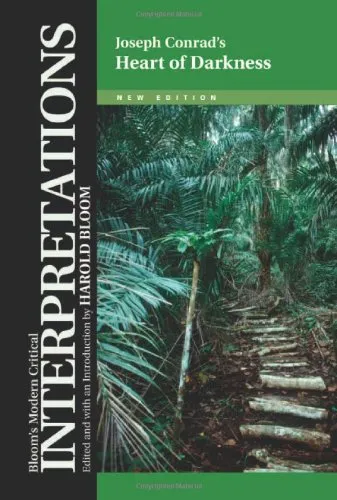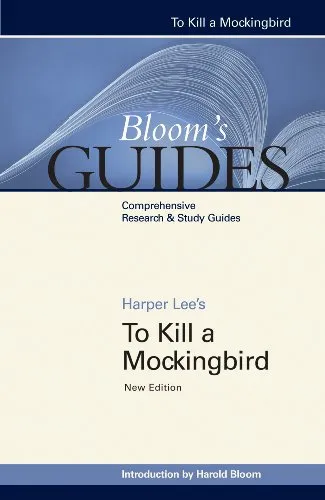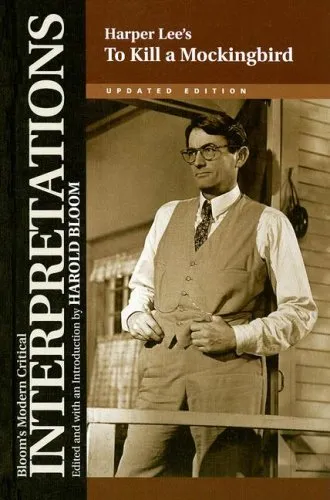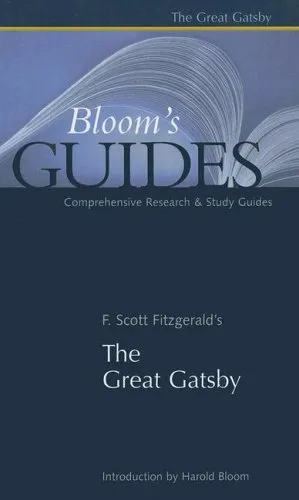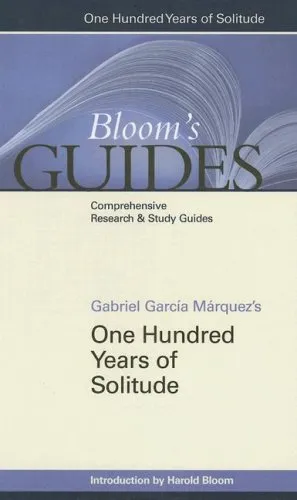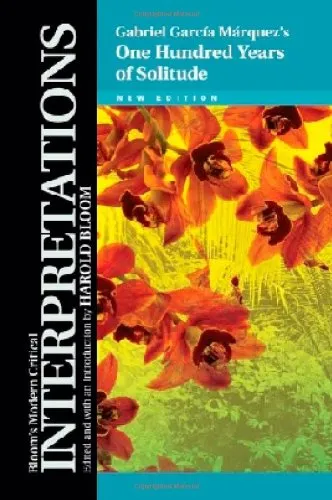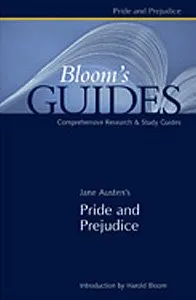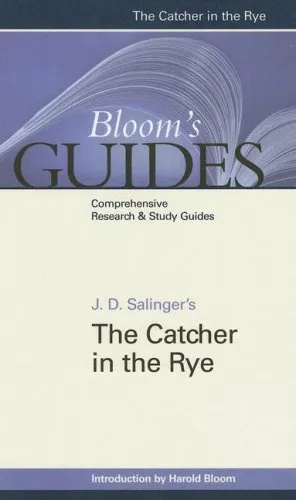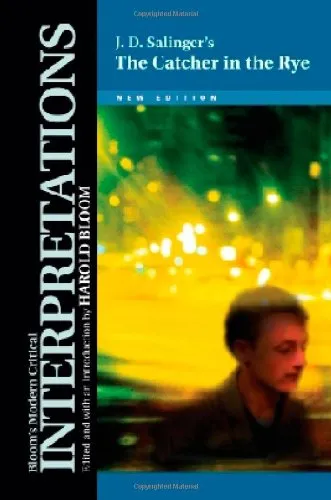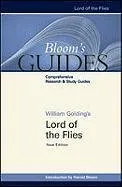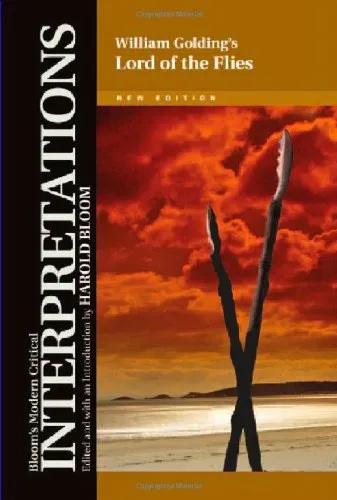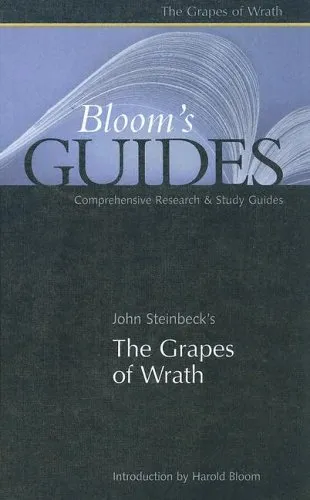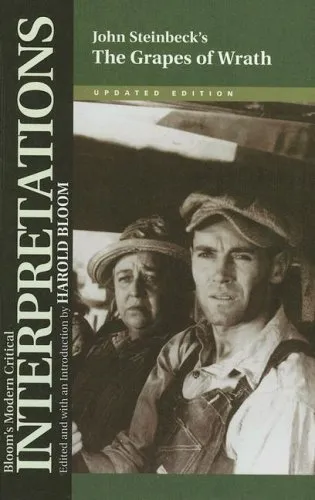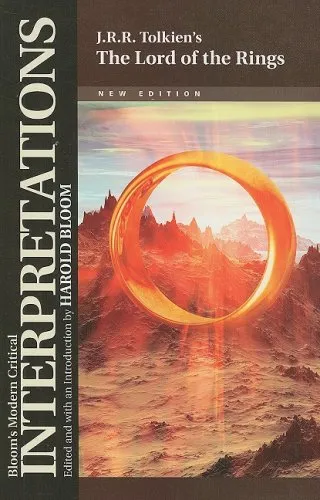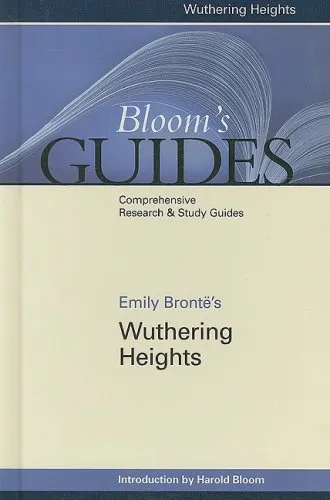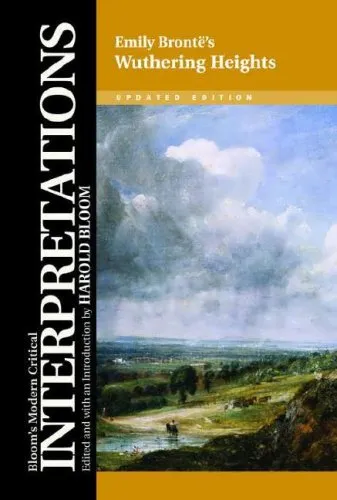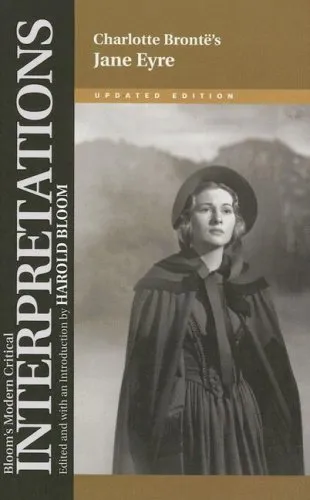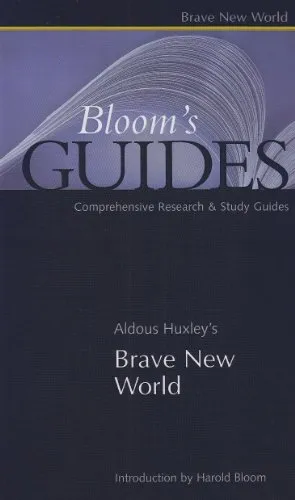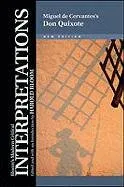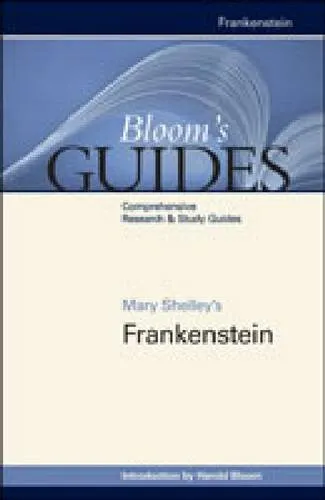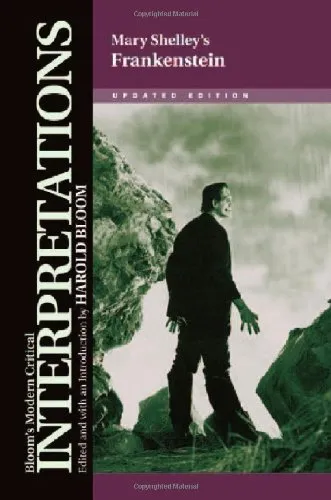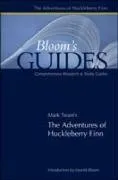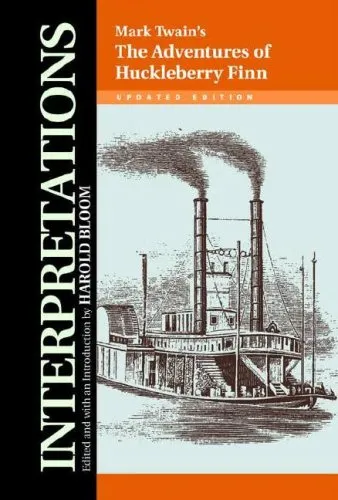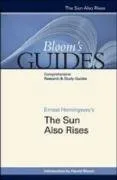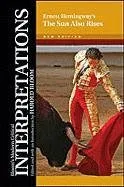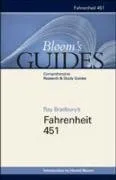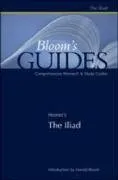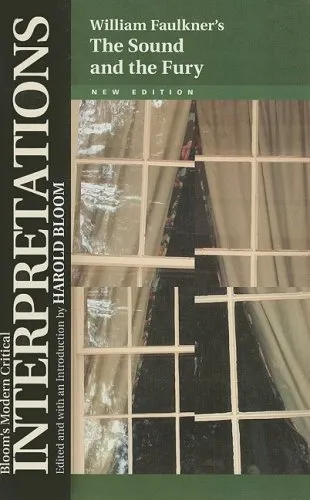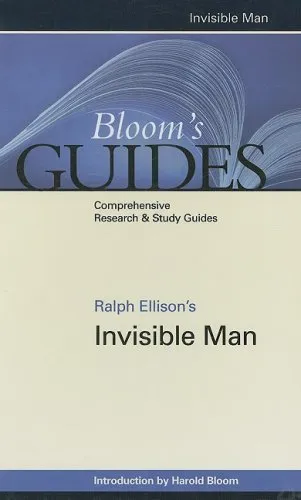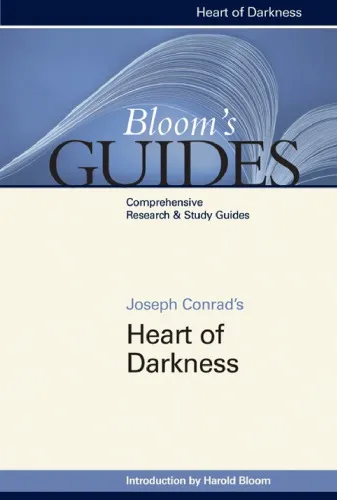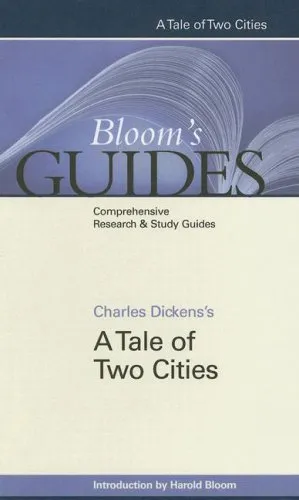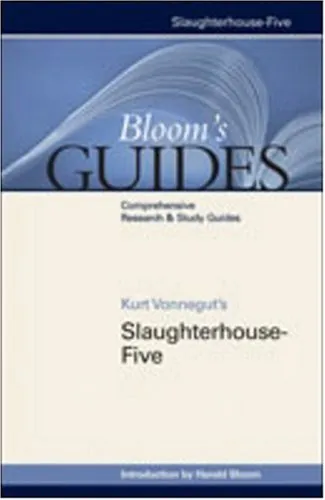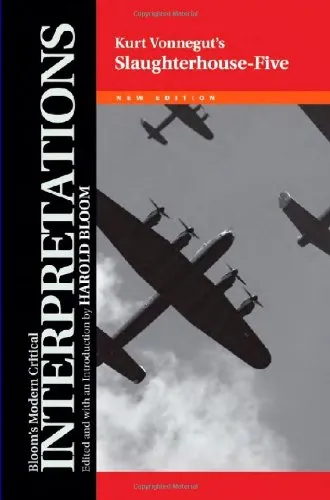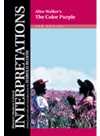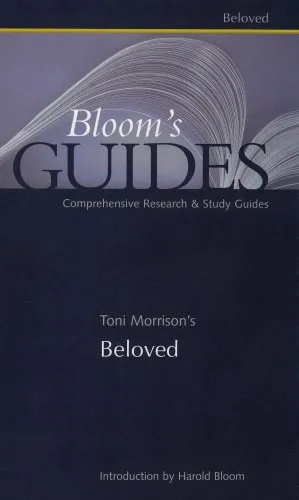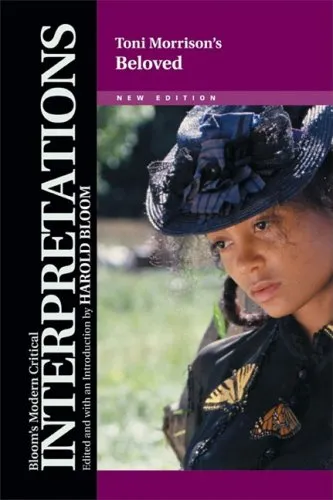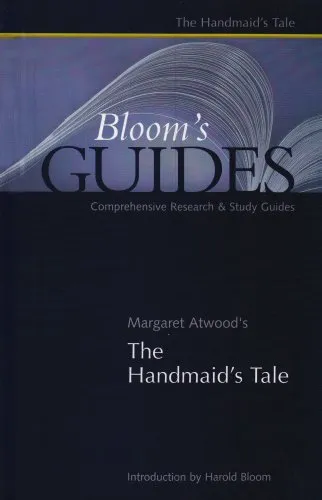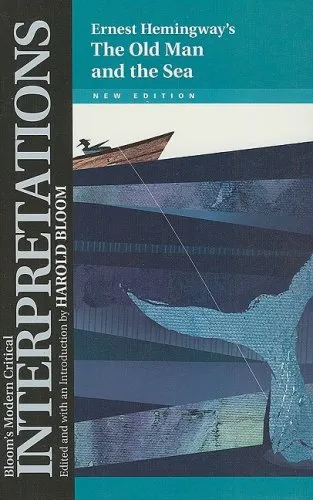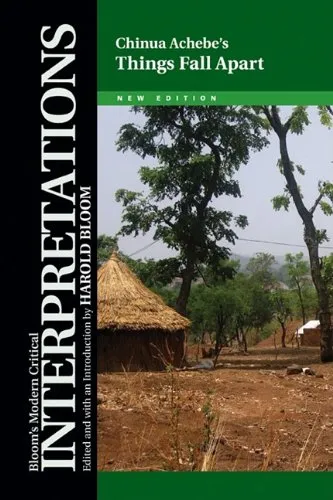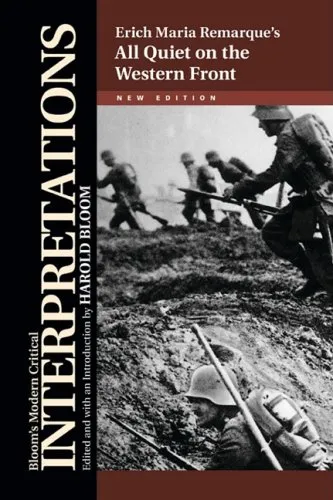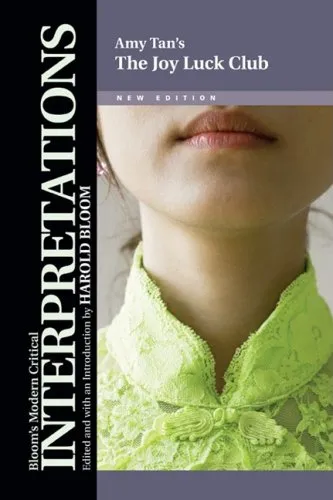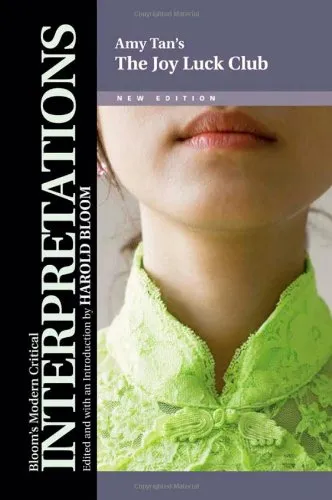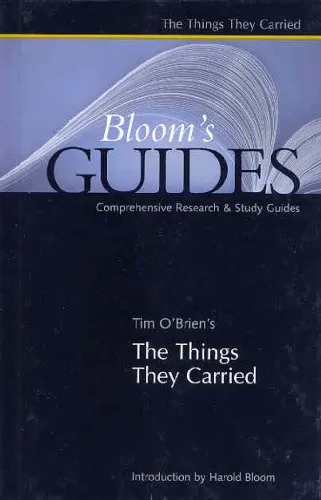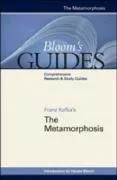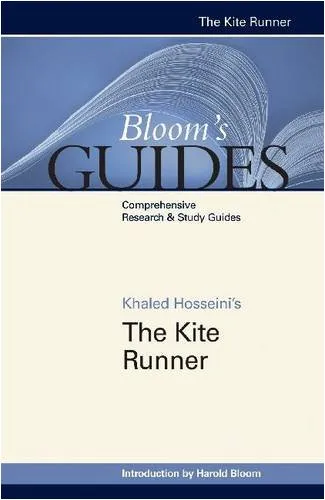Joseph Conrad's Heart of Darkness (Bloom's Modern Critical Interpretations)
3.8
بر اساس نظر کاربران

شما میتونید سوالاتتون در باره کتاب رو از هوش مصنوعیش بعد از ورود بپرسید
هر دانلود یا پرسش از هوش مصنوعی 2 امتیاز لازم دارد، برای بدست آوردن امتیاز رایگان، به صفحه ی راهنمای امتیازات سر بزنید و یک سری کار ارزشمند انجام بدینکتاب های مرتبط:
Persian Summary
مقدمهای بر کتاب "Joseph Conrad's Heart of Darkness (Bloom's Modern Critical Interpretations)"
کتاب "Joseph Conrad's Heart of Darkness (Bloom's Modern Critical Interpretations)" یک تحلیل عمیق و جامع از اثر کلاسیک جوزف کنراد، "دل تاریکی"، ارائه میدهد. به عنوان یکی از آثار برجستهی ادبیات مدرن، این کتاب به بررسی موضوعات پیچیدهای مانند امپریالیسم، نژادپرستی و ماهیت انسانی میپردازد. در این اثر، هارولد بلوم نقدهای مختلفی را گرد هم آورده است تا نگاهی تازه و بیطرفانه به این شاهکار ادبی ارائه کند.
خلاصهای از کتاب
در کتاب "دل تاریکی"، ماجرای سفر مرلو به اعماق کنگو به روایت درمیآید. این سفر نه تنها یک سفر جغرافیایی بلکه سفری به اعماق روان انسان نیز میباشد. در کشاکش این سفر، مرلو با فردی مرموز به نام کورتس آشنا میشود که نمایانگر شکلی از قدرت و جنون در جنگلهای آفریقاست. کورتس با استفاده از قدرت مطلق خود، حکومت کوچکی برپا نموده که نشانگر فساد و انحطاط سیستم استعماری زمان خود میباشد. این کتاب از ابتدا تا انتها پر از نمادها، استعارهها و تصاویری است که هر کدام به نوعی به تحلیل و بررسی ماهیت بشر و چهرهی تاریک تمدن میپردازند.
نکات کلیدی
- تحلیل جامع از مفهوم امپریالیسم و تأثیرات آن بر تمدنهای مختلف.
- بررسی دقیق شخصیتپردازی کاراکترها و عمدتاً شخصیت کورتس به عنوان نماد پیچیدگیهای اخلاقی و انسانی.
- نمایش مبارزه بین تاریکی و روشنایی به عنوان تم اصلی داستان و بازتاب آن در ساختار روایت.
نقلقولهای معروف از کتاب
- "وحشیگری به همان اندازه که در کنگو یافت میشود، در قلب انسانها نیز جا دارد."
- "ناخدا، زندگی یک راز نیست بلکه رازی از جنس تاریکی است."
- "تمدنها تنها با پوستهای نازکی از اخلاقیات از یکدیگر متمایز میشوند."
چرا این کتاب مهم است؟
اثر "دل تاریکی" جوزف کنراد به عنوان یکی از شاهکارهای ادبیات مدرن به شمار میآید. دلیل اهمیت آن نه تنها به خاطر روایت گیرای آن، بلکه به تحلیل عمیق از مسائل مهمی مانند امپریالیسم و ماهیت انسانی برمیگردد. در دنیای امروزی که مسائل مختلفی پیرامون برتریجویی و مسائل نژادی مطرح است، مطالعه این اثر میتواند به درکی عمیقتر و جامعتر از موضوعات مربوط به قدرت و تأثیرات آن بر انسانها منجر شود. از طریق نقدهای موشکافانه هارولد بلوم، خوانندگان به درکی نو از پیچیدگیهای این داستان دست خواهند یافت، و این کتاب را به عنوان مرجعی برای بررسیهای آینده در مورد اثرات استعمار و ماهیت بشر خواهند شناخت.
Introduction
Joseph Conrad's Heart of Darkness is a landmark work of late 19th-century literature that has intrigued readers with its complex web of symbolism, its profound psychological depth, and its stark portrayal of colonial exploitation. As part of the Bloom's Modern Critical Interpretations series, this book offers an insightful analysis and an array of critical essays that illuminate the various facets of Conrad’s enigmatic novella. In this introduction, we delve into its detailed summary, explore its key takeaways, highlight famous quotes, and discuss why this book retains its powerful grip on literary scholarship and why it still matters today.
Detailed Summary
Set at the peak of European imperialism, Heart of Darkness unfolds as a tale within a tale. The novella begins aboard a boat on the River Thames, as the protagonist, Charles Marlow, narrates his harrowing journey into the heart of the African continent. Engaged by a Belgian trading company as a riverboat captain, Marlow penetrates the Congo River in search of the mysterious Kurtz, an ivory trader of great personal charisma and notoriety.
As Marlow ventures deeper into the jungle, he confronts the veneer of civilization that slips away to reveal an unsettling reality where cruelty and greed overpower moral restraint. Conrad’s narrative weaves between Marlow's confrontation with the African wilderness and his eventual encounter with Kurtz — whose own descent into madness becomes emblematic of the broader depravity and moral ambiguity that characterize colonial enterprises.
Key Takeaways
- The Nature of Evil: Conrad’s novella probes the darkest reaches of the human psyche, suggesting that evil is not an external force, but something that resides within, awaiting circumstances to reveal itself.
- Critique of Imperialism: By dramatizing the brutal exploitation of the Congo, Conrad raises questions about the legitimacy and moral underpinnings of imperial endeavors.
- The Ambiguity of Truth: The novella questions the reliability of perception and the subjective nature of truth, challenging readers to question the stories they are told.
- Modernism’s Emergence: Heart of Darkness exemplifies modernist themes such as alienation, existential doubt, and the quest for meaning in a fragmented world.
Famous Quotes from the Book
"The horror! The horror!"
"We live in the flicker—may it last as long as the old earth keeps rolling! But darkness was here yesterday."
"Your strength is just an accident arising from the weakness of others."
Why This Book Matters
The enduring significance of Heart of Darkness lies in its ability to speak to universal, timeless themes. By confronting the reader with unsettling truths about human nature and societal constructs, Conrad’s work compels a deep examination of ethical boundaries and the capacity for moral degeneration. Its layered narrative and symbolic complexity have established the novella as a central text in both post-colonial studies and psychological literary criticism.
Moreover, as modern readers grapple with issues of power, inequality, and cultural conflict, Heart of Darkness offers a poignant historical reflection and a mirror to contemporary global dynamics. Its resonance continues to provoke debate and inspire adaptations across multiple mediums, confirming its status as a cornerstone of Western literary canon.
دانلود رایگان مستقیم
شما میتونید سوالاتتون در باره کتاب رو از هوش مصنوعیش بعد از ورود بپرسید
دسترسی به کتابها از طریق پلتفرمهای قانونی و کتابخانههای عمومی نه تنها از حقوق نویسندگان و ناشران حمایت میکند، بلکه به پایداری فرهنگ کتابخوانی نیز کمک میرساند. پیش از دانلود، لحظهای به بررسی این گزینهها فکر کنید.
این کتاب رو در پلتفرم های دیگه ببینید
WorldCat به شما کمک میکنه تا کتاب ها رو در کتابخانه های سراسر دنیا پیدا کنید
امتیازها، نظرات تخصصی و صحبت ها درباره کتاب را در Goodreads ببینید
کتابهای کمیاب یا دست دوم را در AbeBooks پیدا کنید و بخرید
1602
بازدید3.8
امتیاز0
نظر98%
رضایتنظرات:
3.8
بر اساس 0 نظر کاربران
Questions & Answers
Ask questions about this book or help others by answering
No questions yet. Be the first to ask!
